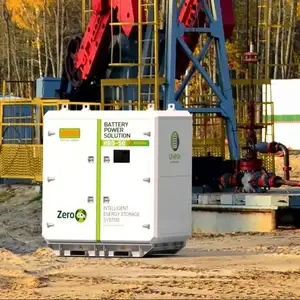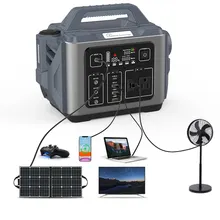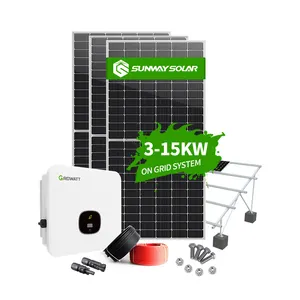Solar energy is produced by harnessing the natural power of the sun. Solar energy is available every day and in all parts of the world and can be used to heat homes and businesses, generate electricity, and provide hot water. It can even be used to power vehicles. Solar energy is a renewable energy source because it will never get exhausted, unlike non-renewable resources such as coal and oil. In addition, using solar energy reduces pollution and helps reduce global warming.
The Advantages of Solar Energy
Solar panels convert sunlight into electricity, which can be used to power appliances and lights, or even stored in batteries for later use. Solar energy is becoming increasingly popular as a way to reduce our reliance on fossil fuels and provide clean, renewable energy. These panels are also modular and can be installed on roofs or ground-mounted, depending on your situation. With the proper installation, a solar energy system can provide enough electricity to power an entire home or office.
Solar systems do not produce any pollution and generate clean energy for your home. Additionally, they are relatively low maintenance compared to other energy sources. For homeowners looking for more flexibility in their energy source, there are also solar powered generators available. They are designed to be set up easily, often without professional help. These solar generators use solar power by collecting energy from the sun and converting it into usable electricity. With the right setup, these generators can provide enough electricity to power a small home or business.
Using Solar Energy in Your Home
Solar energy, or “sun power,” is an increasingly popular choice for homeowners looking to use renewable energy sources to meet their electricity needs. Solar panels for home use can be installed on rooftops or in other available space. These panels work by collecting sunlight and converting it into electricity, which is then sent to your home's electrical panel. In most cases, you will need to install more than one solar panel to produce enough energy to meet your needs.
When handling solar panels installation for home use, it's important to consider the orientation of the panels in relation to the sun. Solar panels are most efficient when placed at a fixed angle towards the sun, so that they can collect as much sunlight as possible. You will also need to factor in any obstacles or obstructions that could block the sun's rays and limit the amount of energy that your solar panels can produce.







































 浙公网安备 33010002000092号
浙公网安备 33010002000092号 浙B2-20120091-4
浙B2-20120091-4